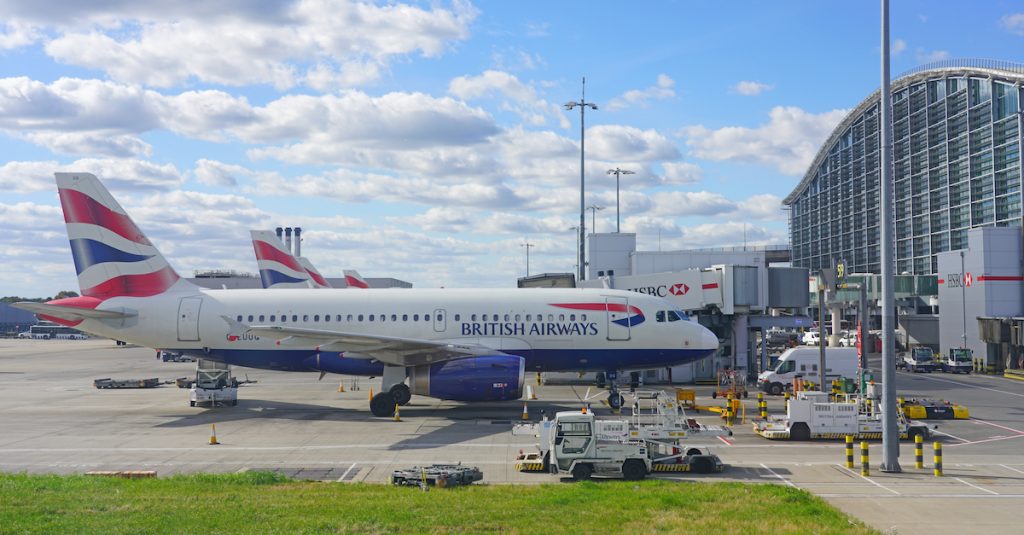British Airways is set to resume its flight operations from Heathrow to Tel Aviv, reflecting a strategic shift in scheduling. This change comes as the airline integrates these flights into its short-haul network, impacting both route and service offerings.
Initially, from April 1, there will be four flights per week with a connecting stop in Cyprus. Notably, the previous two daily long-haul Boeing 777 services have been replaced with this modified schedule, affecting the availability of business class beds.
British Airways is making notable changes to its Tel Aviv flight schedule by moving it into their short-haul network. This strategic decision means that flights will no longer be served by the long-haul Boeing 777, consequently eliminating the availability of business class beds. The airline initially plans to operate four weekly flights starting April 1, introducing an operational stop in Larnaca, Cyprus, for crew changes.
A spokesperson for British Airways stated, “We’ve taken the commercial decision to move Tel Aviv to our short-haul network when we restart our flights on 1 April.” This approach is aligned with other medium-distance flights operated by the airline and will be subject to continuous evaluation.
Meanwhile, budget airline Ryanair has resumed Tel Aviv flights from several European countries, including Austria, France, Germany, and Italy. In contrast, EasyJet is yet to confirm its return to the UK-Tel Aviv route, maintaining an ongoing review of their flying programme.
The decision impacts frequent business travellers who previously utilised the Boeing 777 services for comfort and overnight travel, now facing changes in service levels and availability.
These strategic decisions also illustrate the airline’s need to remain adaptable in competitive markets, balancing between operational constraints and customer expectations. This includes evaluating the feasibility of previously available services like business class offerings.
British Airways continues to monitor the situation closely, with a commitment to reviewing operational decisions to ensure they meet passenger needs while maintaining service standards.
As British Airways restructures its Tel Aviv service, it underscores a broader industry trend of adaptability and strategic planning. Such evolution in operations indicates the company’s efforts to balance service delivery with market realities, showcasing resilience amidst changing global dynamics.
British Airways’ strategic shift in its Tel Aviv operations highlights its adaptive approach in the face of shifting market conditions. By introducing a short-haul model with improved operational flexibility, the airline aims to meet the changing demands of travellers while maintaining competitive service offerings.
Overall, the adjustments in British Airways’ flight operations to Tel Aviv reflect a careful evaluation of market trends, operational efficiency, and passenger needs, aiming for a balanced and responsive airline strategy.

